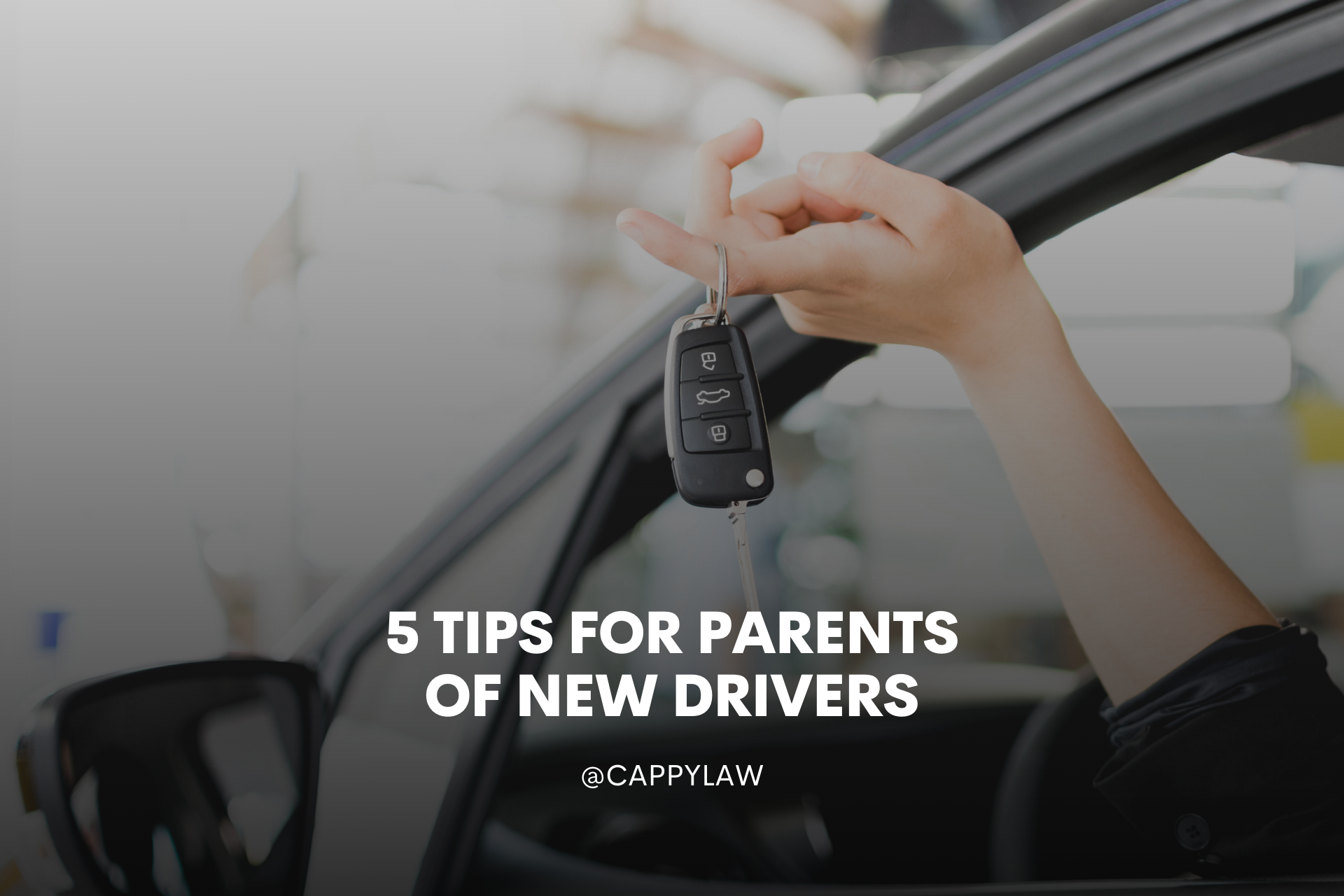When it comes to driving, teens are filled with excitement while their parents are filled with uncertainty. Thoughts of freedom and extra time spent with friends begin to swirl in their heads while parents start to think about the associated risks that come along with driving. Will they keep their eyes on the road? Follow the rules? Make good decisions?
Though both parties are pulling from different sides of the emotional spectrum, one thing remains, your teen is ready to drive and it’s time for you, the parent, to prepare them for this life milestone.
Here are 5 tips to consider:
Set an example
Throughout their lives, your children have watched what you do and taken mental notes. And, driving is no different. If you don’t want your child texting while driving or driving aggressively, for example, don’t do it while you’re behind the wheel.
Each time you’re in the car together is an opportunity to set a good example.
Practice
Whether it’s an instrument or their favorite sport, as parents, we encourage our children to practice. This same notion applies to teaching our kids how to drive.
Though your schedules are packed as it is, make a commitment to practice driving multiple times a week. Even something as simple as a trip to the grocery store is an opportunity for your teen to get additional driving experience. Not only will this help them develop their skills, but will build your confidence in their ability to handle themselves behind the wheel.
Establish rules
You’ve read the statistics, you’ve seen the news stories, you know the associated risks of teen driving. With all this in mind, it’s important to have a serious talk with your teen and establish rules they need to follow. Here are a few to consider:
- Avoid distractions, including texting while driving, loud music, talking with friends, etc.
- Don’t, under any circumstances, drive while under the influence of alcohol or drugs
- Refrain from tailgating and other forms of aggressive driving or behavior
- Pay attention to the rules of the road and follow the speed limit at all times
- Remind them driving is a privilege that can be taken away if rules are broken
You might get a few eye rolls, but talking through these expectations can help your child understand the importance of safe driving.
Be prepared
Accidents, breakdowns, and other car-related emergencies can happen, and preparing your teen for any and all of these situations is a good idea. For example, show them where the vehicle’s registration and proof of insurance are in the car. Of course, you never want your teen to find themselves in a serious situation, but preparing them ahead of time and talking them through how to properly handle these circumstances will help them feel more confident and comfortable to handle them if they should occur.
Be mindful of weather conditions
The weather is an uncontrollable factor that drivers have to be able to handle while on the road. And that’s why preparing your teen for adverse weather conditions while behind the wheel is a smart move. If it’s raining, instruct them to turn on the headlights and windshield wipers and slow down. Braking on a wet road isn’t the same as braking on a dry road. And, if it’s too bad to drive, encourage them to find a safe place to wait until the bad weather passes or slows down enough for your teen to safely make it to their next destination.








